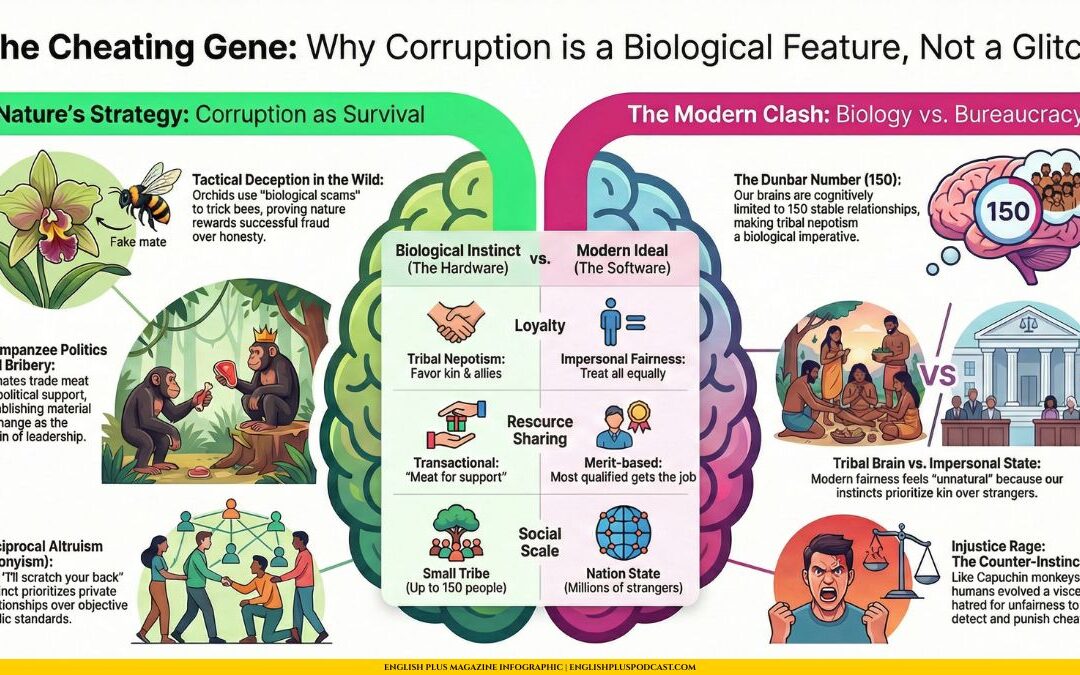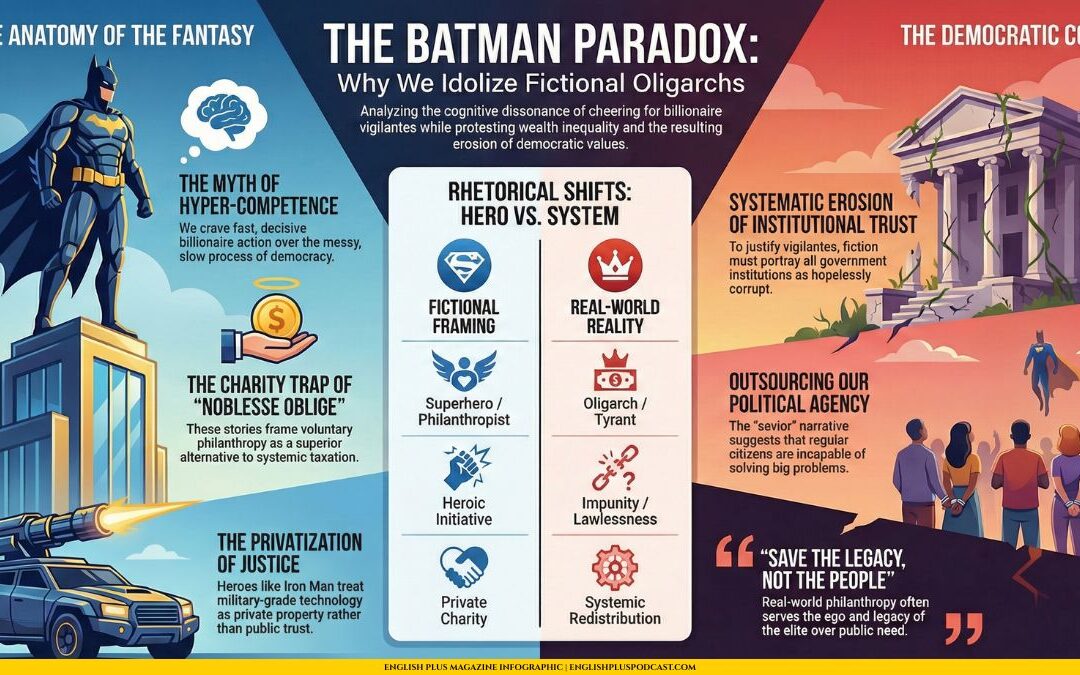Actium: When Waves Whispered the Cost of Triumph
The year is 31 BC. The once-mighty Roman Republic is tearing itself apart. On one side stands Octavian, adopted heir of Julius Caesar, a brilliant and ruthless tactician. On the other, the legendary general Mark Antony, captivated by the allure of Cleopatra, Queen of Egypt. Their conflict comes to a head in a fierce naval battle off the coast of Greece – the Battle of Actium.
Imagine the scene: warships plowing through the turquoise waters, the air crackling with the clash of swords and the desperate cries of men. The sea churns red with the blood of thousands, staining the legacy of both victor and vanquished.
Octavian’s forces emerge triumphant. Antony and Cleopatra flee, later paying the ultimate price of defeat. Octavian becomes Augustus, Rome’s first emperor, ushering in an era of relative peace, the Pax Romana. On the surface, this seems like a victory worth celebrating. But victory, it turns out, has a bitter aftertaste.
The Battle of Actium wasn’t simply one nation conquering another. It was the implosion of a civilization. Romans fought Romans, families were torn apart, and age-old alliances crumbled. It marked the bloody end of a republic and the birth of an empire built on the corpse of its former ideals.
We see echoes of this tragedy throughout history. Think of civil wars that ravaged nations, or proxy conflicts where superpowers played out their rivalries in distant lands. War wounds nations, but it does far deeper damage – it destroys trust, breeds hatred that lingers for generations, and leaves behind scars that may never fully heal.
The heroes of Actium – Octavian, Antony, even Cleopatra – were all driven by ambition, pride, and lust for power. But history doesn’t just remember their triumphs, it records their choices that led to suffering, painting them as complex but tragically flawed figures.
War always promises solutions, a quick and decisive path to glory. History teaches us differently. Even when one side wins, something vital is lost: countless lives, resources, perhaps even a nation’s soul. It’s a lesson as relevant today as it was two thousand years ago on the Ionian Sea.
So, as you navigate today’s conflicts, large and small, remember the waves of Actium. Recognize that true victory isn’t measured in conquered territory, but in the strength to choose dialogue over bloodshed, and the wisdom to build bridges of understanding rather than fortresses of hatred. Actium teaches us that sometimes, the greatest legacy of a leader is the war they manage to prevent.
How can you be a peacemaker in your own life? Where in your community or the world do you see the need for compromise and healing over conflict? Share your thoughts below, let’s begin the conversation.
Why Should You Care?
- Understanding the True Cost of War: Actium reveals the devastation beyond immediate casualties– erosion of ideals, destruction of societies, and lingering trauma that outlasts the battle itself.
- History as a Warning: Studying history isn’t just about the past. It provides warnings about the seductive lure of war and the dangerous consequences of choosing conflict over diplomacy.
- Leadership and Legacy: Leaders are remembered not only for victories but for the consequences of their decisions. Actium highlights the importance of choosing peace whenever possible.
Key Takeaways
- War rarely has true winners; even victors are burdened by the cost.
- Civil wars can inflict wounds on a nation far deeper than external conflicts.
- The pursuit of power through conflict often leads to tragic consequences.
- History’s most celebrated figures can still make choices that lead to harm.
- True leadership lies in the capacity to prevent war and foster lasting peace.
Keywords
- Battle of Actium: A decisive naval battle in 31 BC which cemented Octavian’s rise to power as Augustus, the first Roman emperor.
- Octavian (Augustus): Julius Caesar’s adopted heir who emerged victorious at Actium, becoming Rome’s first emperor.
- Mark Antony: Roman general and statesman who allied with Cleopatra, facing defeat against Octavian and later committing suicide.
- Cleopatra: The legendary Queen of Egypt and Mark Antony’s lover. She died by suicide after their defeat at Actium.
- Pax Romana: A period of relative peace and stability in the Roman Empire during the early centuries CE.
- Roman Republic: The period in Roman history before the establishment of the Empire, marked by a system of elected representatives.
- Roman Empire: The vast empire centered in Rome, emerging after the decline of the Roman Republic.
- Civil War: An armed conflict within a single nation.
- Proxy War: A conflict where major powers instigate or back opposing sides fighting in another country.
- Diplomacy: The art of negotiation and building relationships between nations.
Frequently Asked Questions
- What caused the Battle of Actium? Complex factors: rivalry between Octavian and Antony, Cleopatra’s influence, and the instability of the collapsing Roman Republic.
- Could the Roman Republic have been saved? Historians debate whether the shift to Empire was inevitable, or if reforms could have prevented it.
- What happened to Rome after Actium? The transition to Empire wasn’t immediate, but it set the stage for a change in government with lasting global impact.
Myth Buster
- Myth: War is glorious and heroic.
- Reality: War is brutal, traumatic, and the cause of immense suffering, even for those who fight on the ‘winning’ side.
Let’s Talk
- Can you think of modern-day conflicts echoing the ‘victor’s burden’ seen at Actium?
- What can we learn from leaders throughout history who successfully prevented war?
- In what small ways can individuals contribute to a more peaceful world?
Share your thoughts in the comments – let’s keep the conversation alive!










0 Comments